
John James Osborne was an English playwright, screenwriter, actor, and entrepreneur, who is regarded as one of the most influential figures in post-war theatre. Born in London, he briefly worked as a journalist before starting out in theatre as a stage manager and actor. He lived in poverty for several years before his third produced play, Look Back in Anger (1956), brought him national fame.

Stephen David Daldry CBE is an English director and producer of film, theatre, and television. He has won three Tony Awards for his work on Broadway and an Olivier Award for his work in the West End. He has received three Academy Awards nominations for Best Director, for the films Billy Elliot (2000), The Hours (2002), and The Reader (2008).
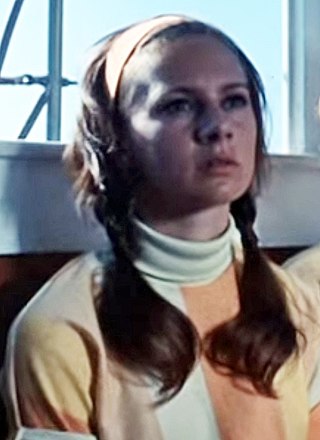
Francesca Annis is an English actress. She is known for television roles in Reckless (1998), Wives and Daughters (1999), Deceit (2000), and Cranford (2007). A six-time BAFTA TV Award nominee, she won the 1979 BAFTA TV Award for Best Actress for the ITV serial Lillie. Her film appearances include Krull (1983), Dune (1984), The Debt Collector (1999), and The Libertine (2004).
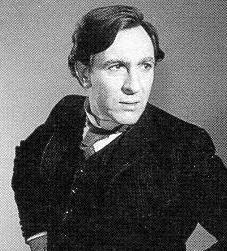
Sir Robert Graham Stephens was an English actor in the early years of Britain's Royal National Theatre.
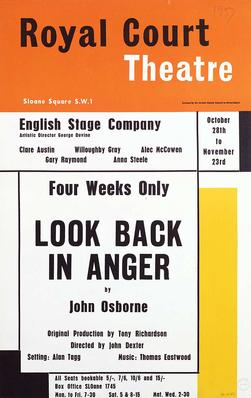
Look Back in Anger (1956) is a realist play written by John Osborne. It focuses on the life and marital struggles of an intelligent and educated but disaffected young man of working-class origin, Jimmy Porter, and his equally competent yet impassive upper-middle-class wife Alison. The supporting characters include Cliff Lewis, an amiable Welsh lodger who attempts to keep the peace; and Helena Charles, Alison's snobbish friend.

Patricia Elliott was an American theatre, film, soap opera and television actress.

Francis Finlay, was an English actor. He earned an Academy Award nomination for his performance as Iago in Othello (1965). His first leading television role came in 1971 in Casanova. This led to appearances on The Morecambe and Wise Show. He also appeared in the drama Bouquet of Barbed Wire.
A Patriot for Me is a 1965 play by the English playwright John Osborne, based on the true story of Alfred Redl. The controversial refusal of a performance licence by the Lord Chamberlain's Office played a role in the passage of the Theatres Act 1968.
Anthony Creighton, a British actor and writer, is best known as the co-author of the play Epitaph for George Dillon with John Osborne.

The John Golden Theatre, formerly the Theatre Masque and Masque Theater, is a Broadway theater at 252 West 45th Street in the Theater District of Midtown Manhattan in New York City. Opened in 1927, the Golden Theatre was designed by Herbert J. Krapp in a Spanish style and was built for real-estate developer Irwin S. Chanin. It has 800 seats across two levels and is operated by the Shubert Organization. Both the facade and the auditorium interior are New York City landmarks.

The Stephen Sondheim Theatre, formerly Henry Miller's Theatre, is a Broadway theater at 124 West 43rd Street in the Theater District of Midtown Manhattan in New York City. Owned by the Durst Organization and managed by the Roundabout Theatre Company, the modern 1,055-seat theater opened in 2009 at the base of the Bank of America Tower. The current theater is mostly underground and was designed by Cookfox, architects of the Bank of America Tower. It retains the landmarked facade of the original Henry Miller's Theatre, which was built in 1918 by Henry Miller, the actor and producer.
Our Town is a 2003 American made-for-television film adaptation of the 1938 play of the same name by Thornton Wilder starring Paul Newman, who was nominated for both an Emmy Award and a Screen Actors Guild Award for outstanding acting. It was filmed at the Booth Theatre in Manhattan, where it played on Broadway in 2002. The production originated at the Westport Country Playhouse. The film originally aired May 24, 2003, on Showtime and was also shown on PBS as part of Masterpiece Theatre on October 5, 2003.

Butley is a play by Simon Gray set in the office of an English lecturer at a university in London, England. The title character, a T. S. Eliot scholar, is an alcoholic who loses his wife and his close friend and colleague – and possibly male lover – on the same day. The action of the dark comedy takes place over several hours on the same day during which he bullies students, friends and colleagues while falling apart at the seams. The play won the 1971 Evening Standard Award for Best Play.
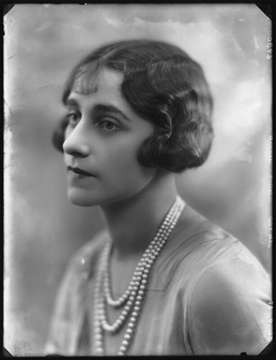
Alison Joy Leggatt was an English character actress.
William "Bill" Gaskill was a British theatre director who was "instrumental in creating a new sense of realism in the theatre". Described as "a champion of new writing", he was also noted for his productions of Bertolt Brecht and Restoration comedy.

Wise Child is a 1967 play by English playwright Simon Gray.
A Better Class of Person (1981) is an autobiography written by dramatist John Osborne and published in 1981. Based on Osborne's childhood and early life, it ends with the first performance of Look Back in Anger at the Royal Court Theatre in 1956. The book emphasises his warm relationship with his father Thomas, and his antagonistic relationship with his mother Nellie Beatrice, which deepened to hatred after his father died when John was young. A sequel, Almost a Gentleman, was published in 1991.
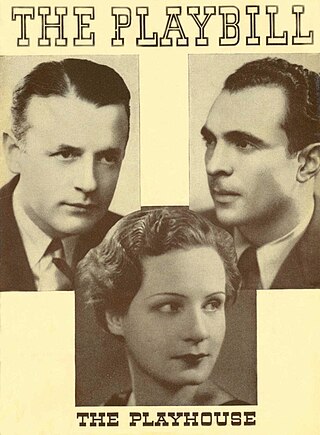
Three Men on a Horse is a three-act farce co-authored by John Cecil Holm and George Abbott. The comedy focuses on a man who discovers he has a talent for choosing the winning horse in a race as long as he never places a bet himself. Originally titled Hobby Horse by John Cecil Holm, Three Men On A Horse was a property controlled and produced by Alex Yokel, who reached out to Warner Bros. for financial assistance; Warners agreed to provide financing on the condition Yokel find someone to doctor the script and direct the Broadway production. George Abbott, the director, who had since 1932 directed and produced each of his Broadway productions, immediately saw the potential and rewrote the script and agreed to direct if he received co-author credit and split the author's royalties with Holm. Abbott wrote a third act, resulting in a new three-act play titled Three Men on a Horse.
Avril Elgar Williams was an English stage, radio and television actress.
Stella Linden was an actress, stage director, author and script/screenwriter, best known for mentoring playwright John Osborne and for writing the film Two a Penny. She was the wife of actor-manager Terence Edward Duff, better known by his stage name Patrick Desmond, who had been running his own touring and repertory companies since 1929 at the age of 21. She died in 2005 in New Mexico.













